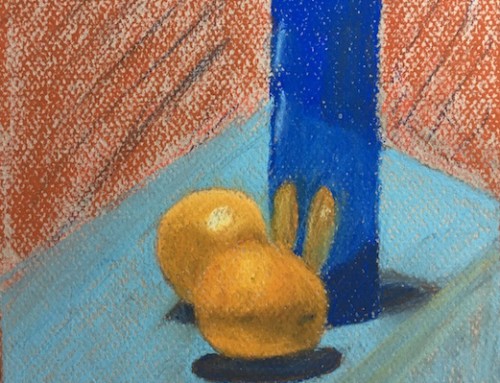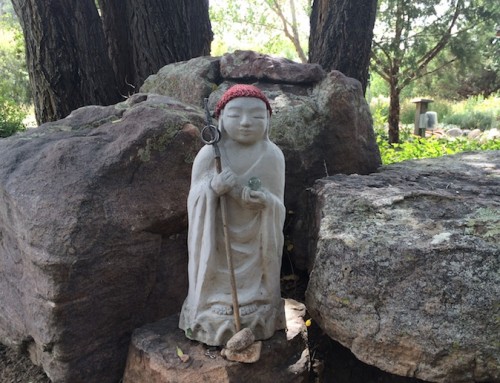Sexual misconduct creates suffering. Period. Whether we are the ones engaging in it or are the victims of it, everyone involved suffers.  To understand just how corrosive and harmful this is to forming a true partnership and how it interferes with an intimate connection to another person, we only have to look at our own community and perhaps our own family and friends. Who doesn’t know someone who has been affected by the misuse and abuse of sex? 2,600 years ago, Buddha, a human being just like you and me, knew how destructive such behavior could be: it is number one on his list of five hindrances and number three on his list of ten precepts. The good news is that he also prescribed a way out of our suffering and offered us a clear path to liberation from our suffering and from our own misbehaviors.
To understand just how corrosive and harmful this is to forming a true partnership and how it interferes with an intimate connection to another person, we only have to look at our own community and perhaps our own family and friends. Who doesn’t know someone who has been affected by the misuse and abuse of sex? 2,600 years ago, Buddha, a human being just like you and me, knew how destructive such behavior could be: it is number one on his list of five hindrances and number three on his list of ten precepts. The good news is that he also prescribed a way out of our suffering and offered us a clear path to liberation from our suffering and from our own misbehaviors.
The first of the five hindrances that Buddha warned us about is lustful desires. The first of the three poisons is greed. And the first of the four noble truths of Buddhism is Dukkha, which is often translated as suffering. In The Dhammapada, a concise collection of Buddha’s teachings, he said: “Lust and greed ruin the mind as weeds ruin fields.” This is an image that we can all relate to and have probably at one time or another experienced for ourselves.
So, if we have been a victim or a perpetrator of infidelity, how can Buddhism help us today in the twenty-first century to understand, cope, and deal with it? How can we move from ill-will, hatred or anger (the second hindrance) toward our self or our partner, to healing and forgiveness? … Read more
*This article first appeared in the July 2014 issue of Complete Wellbeing magazine.






Leave A Comment